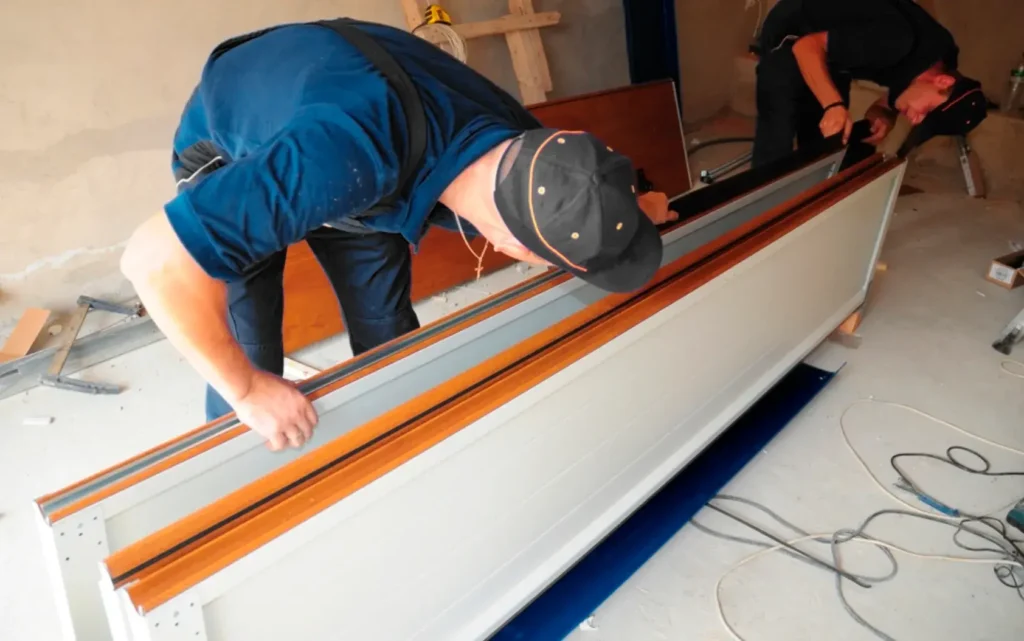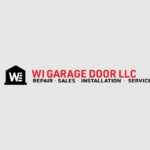In the domain of residential garage upkeep, understanding the implications of various door noises is essential for maintaining operational efficiency and safety, including the need for garage door repair. For example, a persistent grinding noise may indicate the need for gear replacements within the opener, whereas a sharp squeal often points to a deficiency in lubrication. Addressing these auditory signals promptly can prevent more severe mechanical failures. By analyzing the technical causes behind these common sounds and exploring targeted, preventative solutions, homeowners can improve the longevity and functionality of their garage doors. One must consider, however, the intricacies involved in accurately diagnosing and effectively rectifying such issues, which we will delve into further.
Identifying Different Garage Noises
When troubleshooting garage door issues, recognizing specific noises can pinpoint the underlying problems. A grinding sound often indicates worn gears within the opener mechanism, calling for an inspection of the motor’s internal components for potential replacements.
High-pitched squealing, typically a sign of inadequate lubrication, requires a thorough application of silicone-based lubricant to rollers, hinges, and tracks.
Rattling suggests loose hardware; tightening all nuts and bolts is crucial for stability and smooth operation.
Additionally, a banging noise during operation might reveal unbalanced springs, which demand professional adjustment to guarantee even tension and prevent premature wear.
Solutions for Noisy Garage Doors
Addressing noisy garage doors effectively involves a systematic approach to both diagnosis and remedy. Begin by pinpointing the source of the noise, which could range from loose hardware to worn rollers or unbalanced springs.
Tightening all nuts and bolts is an essential step, as vibration from daily operation can loosen these components over time, leading to rattling sounds. Replacing worn rollers with nylon ones not only reduces noise but also enhances smooth operation.
Lubrication is vital; apply a silicone-based lubricant to rollers, hinges, and tracks. For persistent squeaks or grinding noises, inspect the torsion springs and cables for wear and consider professional garage door repair, including adjustment or replacement, to guarantee safety and restore tranquility.
Each step strengthens your garage door’s reliability and your peace of mind.
Read more:

